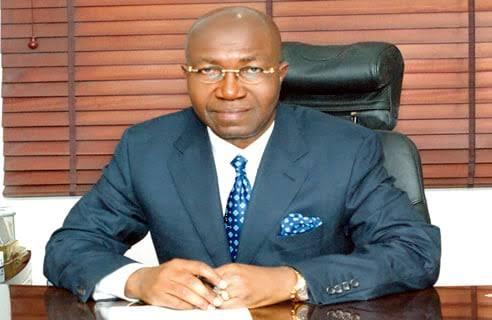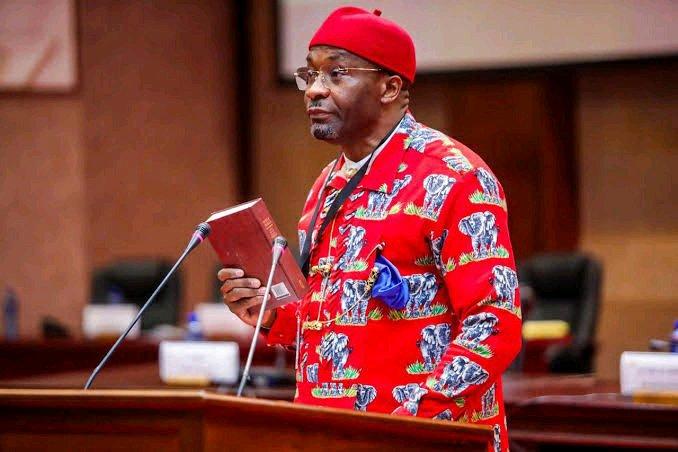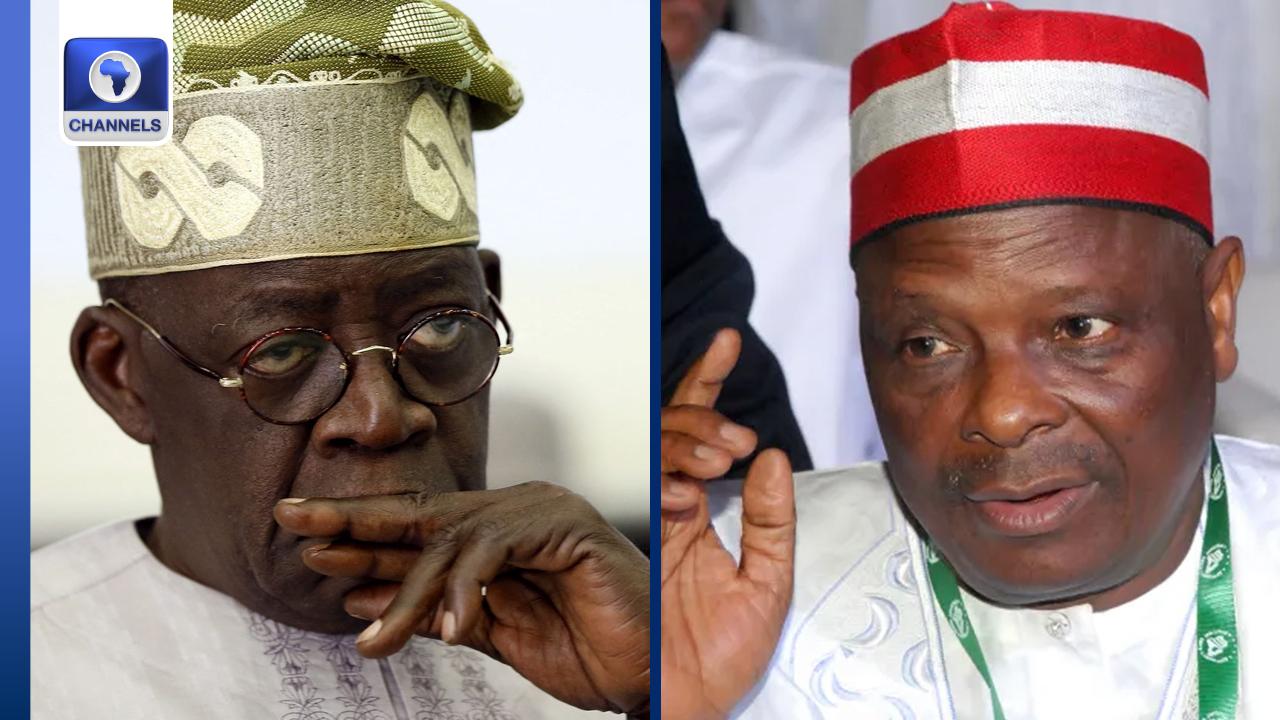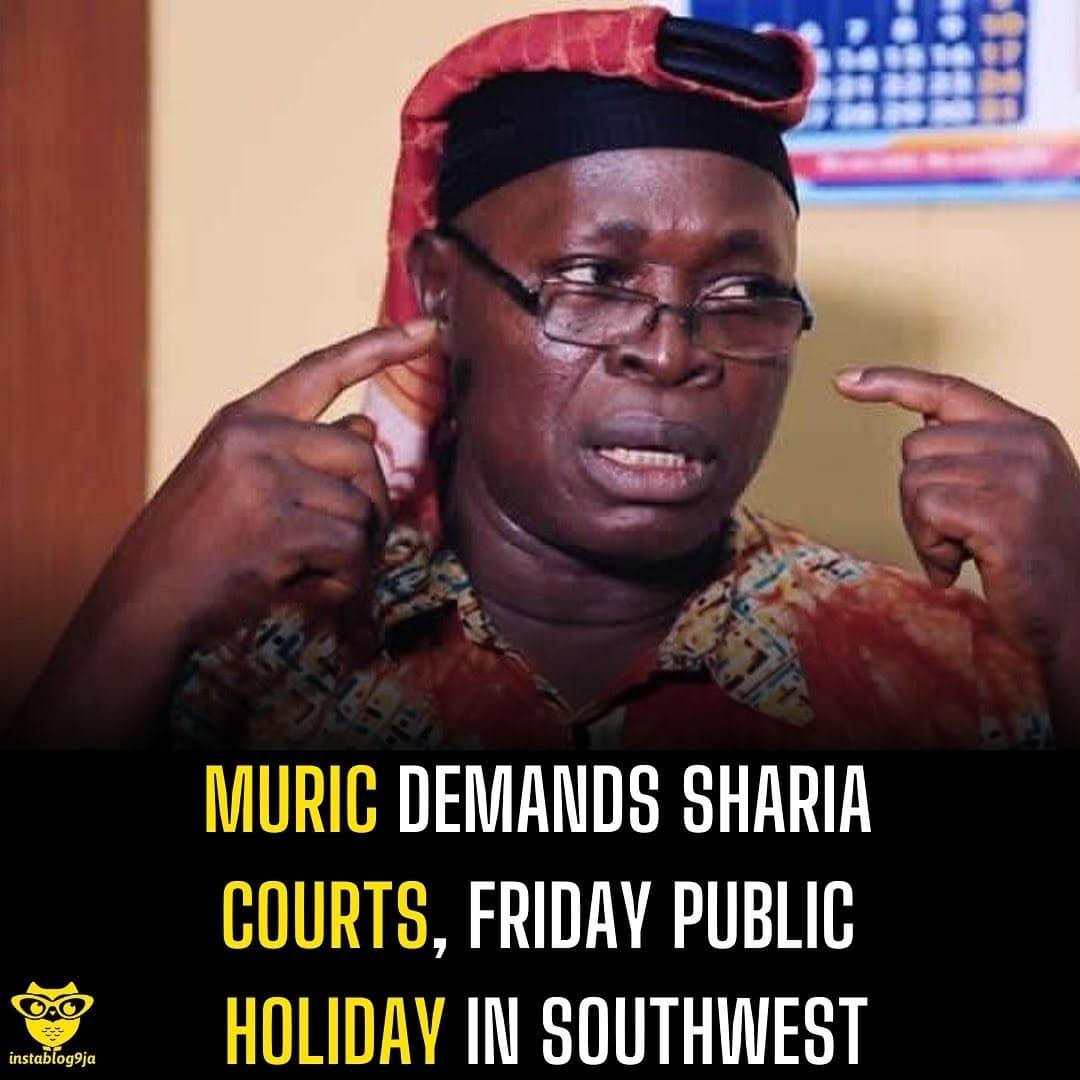Wole Olanipekun Urges Suspension of 1999 Constitution Amendment, Calls for People-Driven Charter by 2031.
Legal luminary and former President of the Nigerian Bar Association (NBA), Chief Wole Olanipekun (SAN), has urged the National Assembly to halt the ongoing amendment of the 1999 Constitution, describing the existing document as a “military albatross” that continues to hinder Nigeria’s progress.
Olanipekun made the appeal on Monday while delivering Afe Babalola University’s 13th Convocation Lecture in Ado-Ekiti, titled “Nigeria – Yesterday, Today and Tomorrow: Imperative of a Sober and Definitive Recalibration.”
The former Chairman of the Body of Benchers and current Pro-Chancellor of the University of Lagos stressed that Nigeria must chart a new constitutional course anchored on the collective will of its citizens.
“We cannot continue to live by the 1999 Constitution, which haunts us as a military albatross,” Olanipekun said. “Let us borrow a golden leaf from other countries and agree to live together on acceptable terms and conditions.”
He clarified that suspending the amendment process would not breed instability but would instead allow for sober national reflection.
“By suggesting that the National Assembly stay action on any constitutional amendment for now, one is not advocating anomie,” he explained. “Rather, I propose a transition phase, between now and 2031, to reflect on the ills that have plagued our constitutions to date.”
Olanipekun further called for a national referendum to determine Nigeria’s political and constitutional future, insisting that such a process represents the “unfiltered and undiluted voice of the people.”
His comments align with growing public sentiment that the 1999 Constitution, drafted under military rule, lacks genuine popular legitimacy. Meanwhile, lawmakers continue their review process aimed at amending the same document.
Legal luminary and former President of the Nigerian Bar Association (NBA), Chief Wole Olanipekun (SAN), has urged the National Assembly to halt the ongoing amendment of the 1999 Constitution, describing the existing document as a “military albatross” that continues to hinder Nigeria’s progress.
Olanipekun made the appeal on Monday while delivering Afe Babalola University’s 13th Convocation Lecture in Ado-Ekiti, titled “Nigeria – Yesterday, Today and Tomorrow: Imperative of a Sober and Definitive Recalibration.”
The former Chairman of the Body of Benchers and current Pro-Chancellor of the University of Lagos stressed that Nigeria must chart a new constitutional course anchored on the collective will of its citizens.
“We cannot continue to live by the 1999 Constitution, which haunts us as a military albatross,” Olanipekun said. “Let us borrow a golden leaf from other countries and agree to live together on acceptable terms and conditions.”
He clarified that suspending the amendment process would not breed instability but would instead allow for sober national reflection.
“By suggesting that the National Assembly stay action on any constitutional amendment for now, one is not advocating anomie,” he explained. “Rather, I propose a transition phase, between now and 2031, to reflect on the ills that have plagued our constitutions to date.”
Olanipekun further called for a national referendum to determine Nigeria’s political and constitutional future, insisting that such a process represents the “unfiltered and undiluted voice of the people.”
His comments align with growing public sentiment that the 1999 Constitution, drafted under military rule, lacks genuine popular legitimacy. Meanwhile, lawmakers continue their review process aimed at amending the same document.
Wole Olanipekun Urges Suspension of 1999 Constitution Amendment, Calls for People-Driven Charter by 2031.
Legal luminary and former President of the Nigerian Bar Association (NBA), Chief Wole Olanipekun (SAN), has urged the National Assembly to halt the ongoing amendment of the 1999 Constitution, describing the existing document as a “military albatross” that continues to hinder Nigeria’s progress.
Olanipekun made the appeal on Monday while delivering Afe Babalola University’s 13th Convocation Lecture in Ado-Ekiti, titled “Nigeria – Yesterday, Today and Tomorrow: Imperative of a Sober and Definitive Recalibration.”
The former Chairman of the Body of Benchers and current Pro-Chancellor of the University of Lagos stressed that Nigeria must chart a new constitutional course anchored on the collective will of its citizens.
“We cannot continue to live by the 1999 Constitution, which haunts us as a military albatross,” Olanipekun said. “Let us borrow a golden leaf from other countries and agree to live together on acceptable terms and conditions.”
He clarified that suspending the amendment process would not breed instability but would instead allow for sober national reflection.
“By suggesting that the National Assembly stay action on any constitutional amendment for now, one is not advocating anomie,” he explained. “Rather, I propose a transition phase, between now and 2031, to reflect on the ills that have plagued our constitutions to date.”
Olanipekun further called for a national referendum to determine Nigeria’s political and constitutional future, insisting that such a process represents the “unfiltered and undiluted voice of the people.”
His comments align with growing public sentiment that the 1999 Constitution, drafted under military rule, lacks genuine popular legitimacy. Meanwhile, lawmakers continue their review process aimed at amending the same document.
0 Σχόλια
·0 Μοιράστηκε
·321 Views









